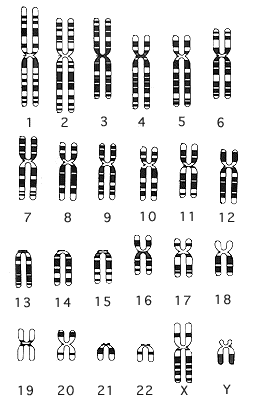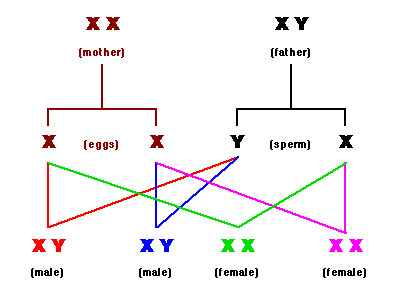
|
 |

|
 |
| To participate you must be a male with an unbroken male to male line from a Hooper ancestor. The costs vary depending on the number of markers in the test that you order. Be aware that the 12 marker test will not tell you for certain of any biological relationship with your ancestor - you must order the 25 marker test or greater to be certain of a connection. The tests come in 12, 25, 37 or 67 markers and are identified, when ordering, as Y-DNA12, Y-DNA25, Y-DNA37 or Y-DNA67. In addition to ordering a test, each Participant in the Hooper DNA Project must submit a "mini family tree" (to see examples - click on any participant number on the DNA Table) and a note sent to the WebMaster giving permission to post their mini family tree and DNA results on this website. |